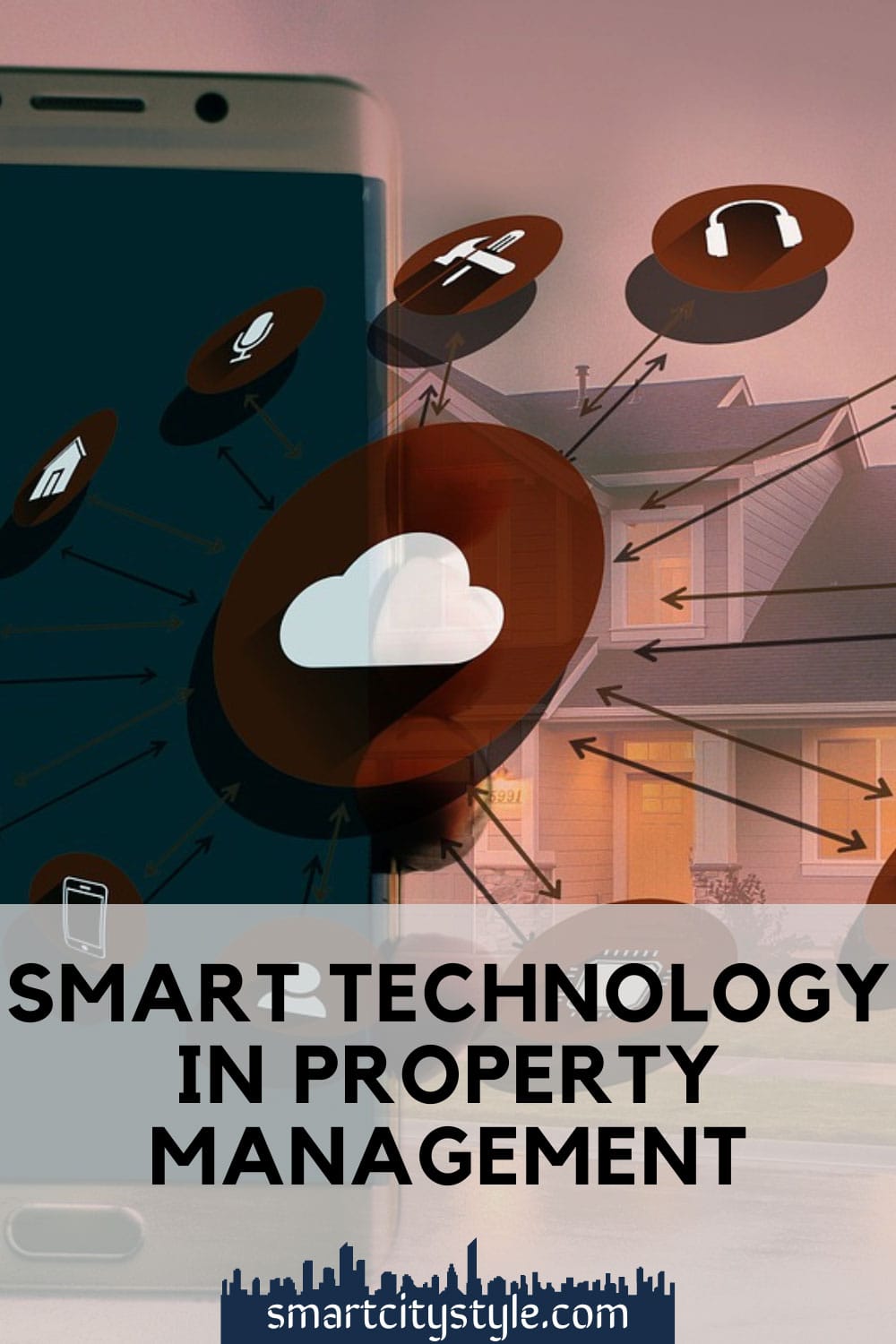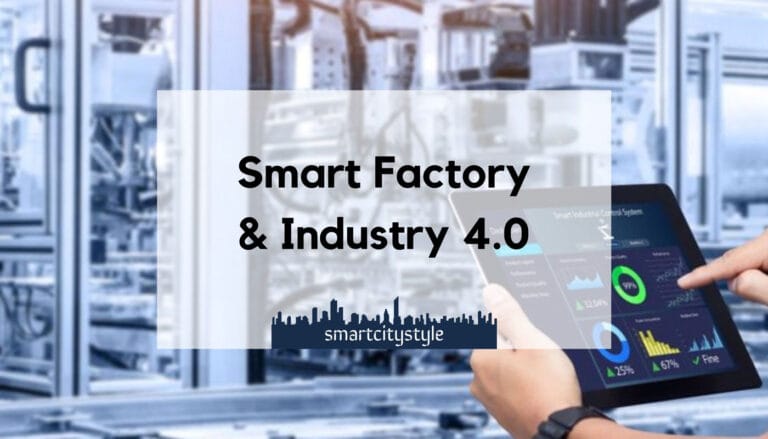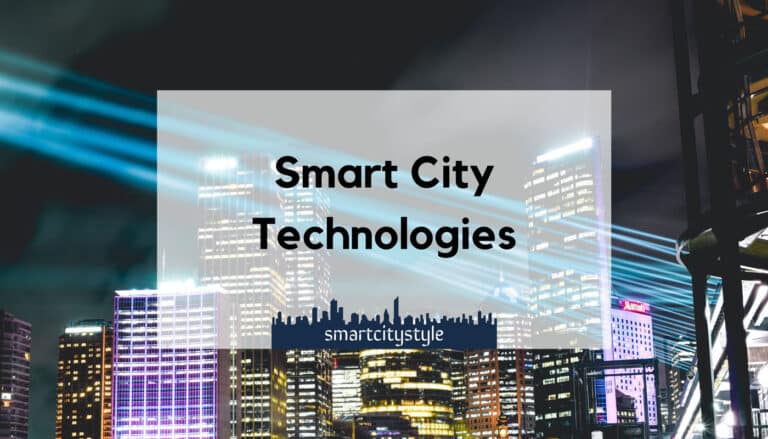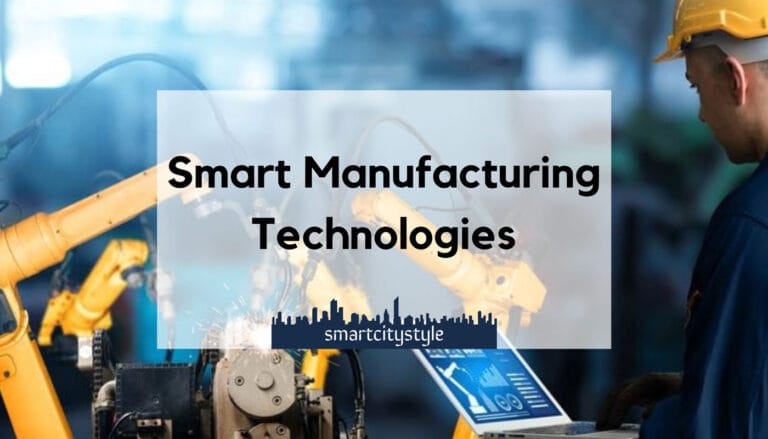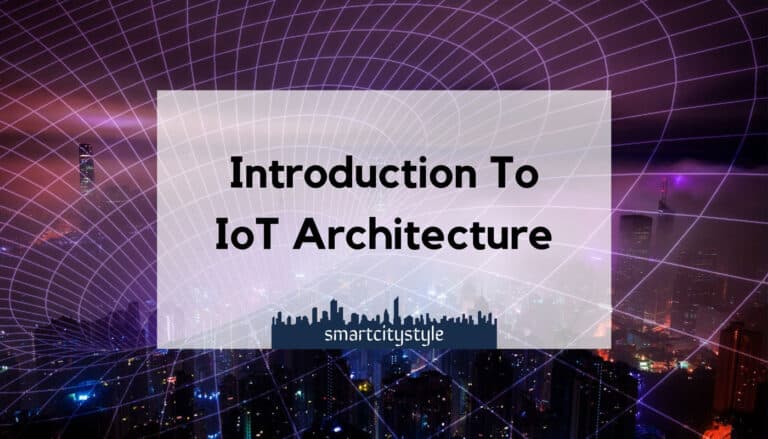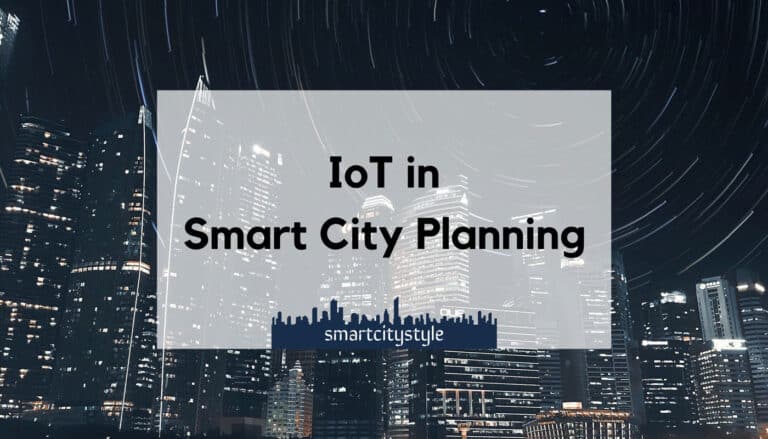Smart Technology for Property Management: Trends That Are Shaping the Market
Property management is defined as the administrative oversight of residential properties, including apartments, homes, and commercial real estate, by a third-party agency – a contractor.
Property managers are responsible for virtually every aspect of the buildings they oversee, from repairs and maintenance to security and upkeep. Some even provide bagels and coffee to their residents – a smart move.
Technology factors hugely in the evolution of modern rental property management. Nowadays, in many urban properties, the Internet of Things (IoT) is the predominant method by which property managers and landlords collect a tenant’s rent, process a maintenance request, post notices, and much more.
Let’s now dive into just how technology factors into property management in the real estate industry.
IoT Sensors and Connectivity
Smart locks, thermostats, HVAC, and many other features of smart living can all be part of one integrated, seamless virtual system.
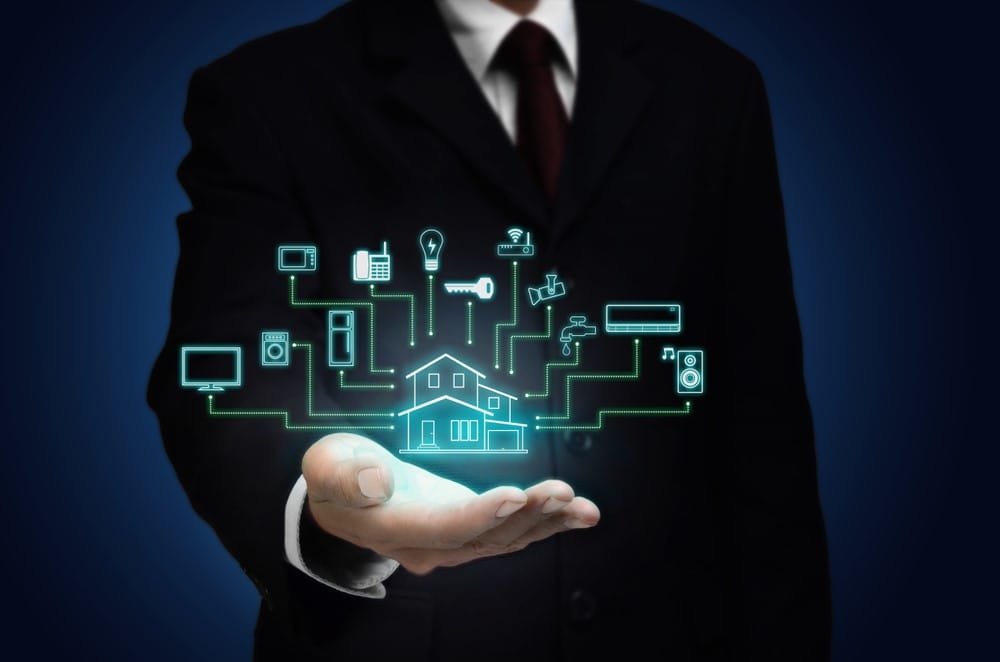
Smart Locks and Access Control
Smart locks can be a few things: one, keyless entry; two, virtual and remote control of locking and unlocking a door; and three, locks that conform to programmable settings/preferences and learn and adapt to changes.
They’re essential in property management because property managers – without infringing on privacy – need to know who is entering and exiting their building.
Smart Thermostats and HVAC Control
Smart thermostats and HVAC control is a system of climate control – including heat, ventilation, and air conditioning – that residents can control via smartphone, tablet, smart speaker, or other wirelessly-connected devices.
Some smart climate control systems also include humidity settings, which are useful in cities with a lot of humidity variation as the seasons change.
Water Leak Detection and Prevention
How can property managers detect water leaks in a building using smart technology? Well, smart leak detection and prevention devices are just that: preventative. They stop leaks before they happen. They also have superior functionality when addressing problems in real-time.
Like other smart devices, they’re connected over Wi-Fi to an app that lets you redirect the flow of water using voice cues or through instructions on the app.
Energy Monitoring and Optimization
One of the most important aspects of a property manager’s job is monitoring and optimizing energy usage throughout the building.
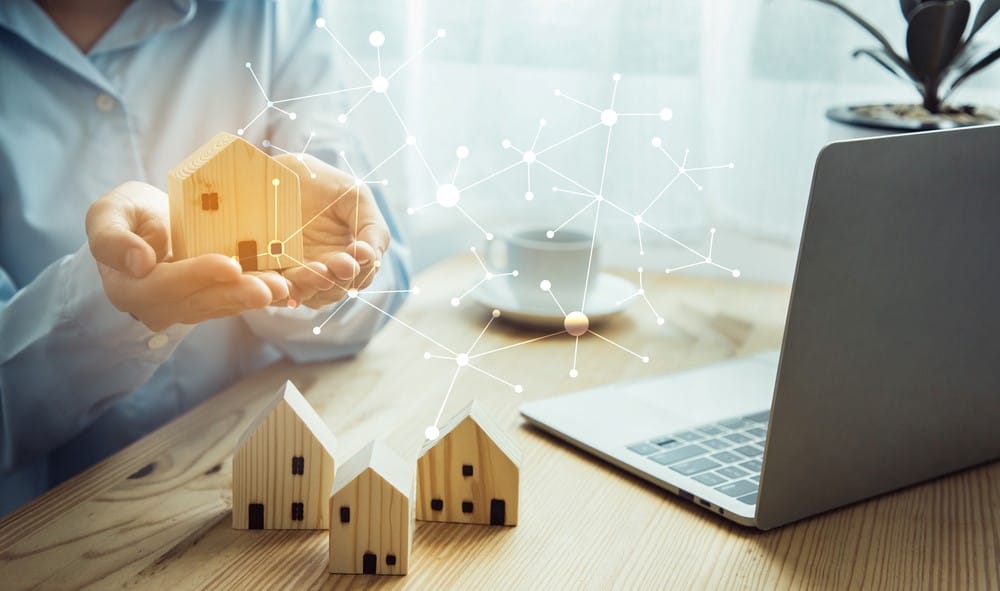
Installing smart washing machines and dryers, dishwashers, and climate control are all ways to save and conserve energy – and also to know when it’s out of whack and disproportionate to the ideal. Access to that information lets property managers know how to adjust the energy they provide and save on costs.
Automation and Workflow Management
What is automation and workflow management, you might ask? Well, in relation to property management, they are features that digital technology offers that help streamline and coordinate things like rent collection, lease signing, and lease renewal. Digital signatures are hot these days, so most renters sign leases online with the click of a button.
Automation and workflow management are multifunctional; that is to say, they include several component parts and serve multiple functions. These include:
- Rent collection and payment processing
- Tenant communication, leasing, and renewals
- Maintenance
- Security
- Package delivery coordination
We’ll go into each of these in a bit more detail below.
Rent Collection and Payment Processing
Tenants can now pay rent online via a simple feature on their online portal. The amount of rent is displayed prominently on the portal, and you simply have to have a payment method stored to submit electronic payments. There can sometimes be payment processing fees. Property managers levy these because card payments sometimes charge a fee.
Maintenance and Repair Scheduling
Most online portals have simple and easy ways for renters to submit maintenance tickets or requests. These go straight to the chief repair person and the property manager. They coordinate, and the job gets done.
Tenant Communication, Leasing, & Renewals
Sending secure messages is a rapidly growing trend on diverse communication platforms right now, and tenants and property managers can communicate directly in this way on their online portals. Leasing is also automated at all stages of the game, including drafting, signing, and renewing.
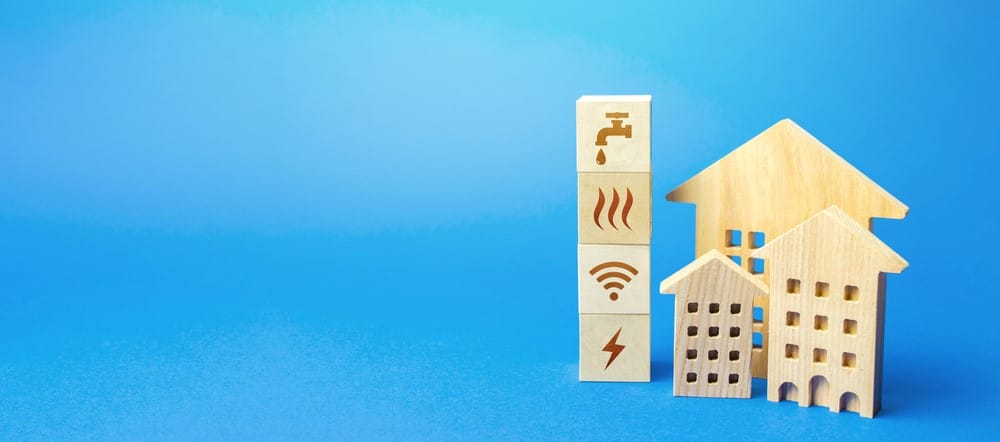
Security
Most smart apartment properties have great security. Cameras are a must, and smart locks add another layer of security for property managers and residents alike. Property managers, like their residents, can access footage in and around their property. Their surveillance systems are more comprehensive than those of individual tenants and their units.
Package Delivery
This one is pretty self-explanatory. Most smart apartment properties have an IoT property management system that automates notices to tenants when packages have arrived for them, where they’re stored, and how long the tenants have to pick them up. Often, this means coordinating with companies like Amazon for “Hubs” that property managers can place at convenient locations inside their buildings.
FAQs
Inspired? Pin it!
